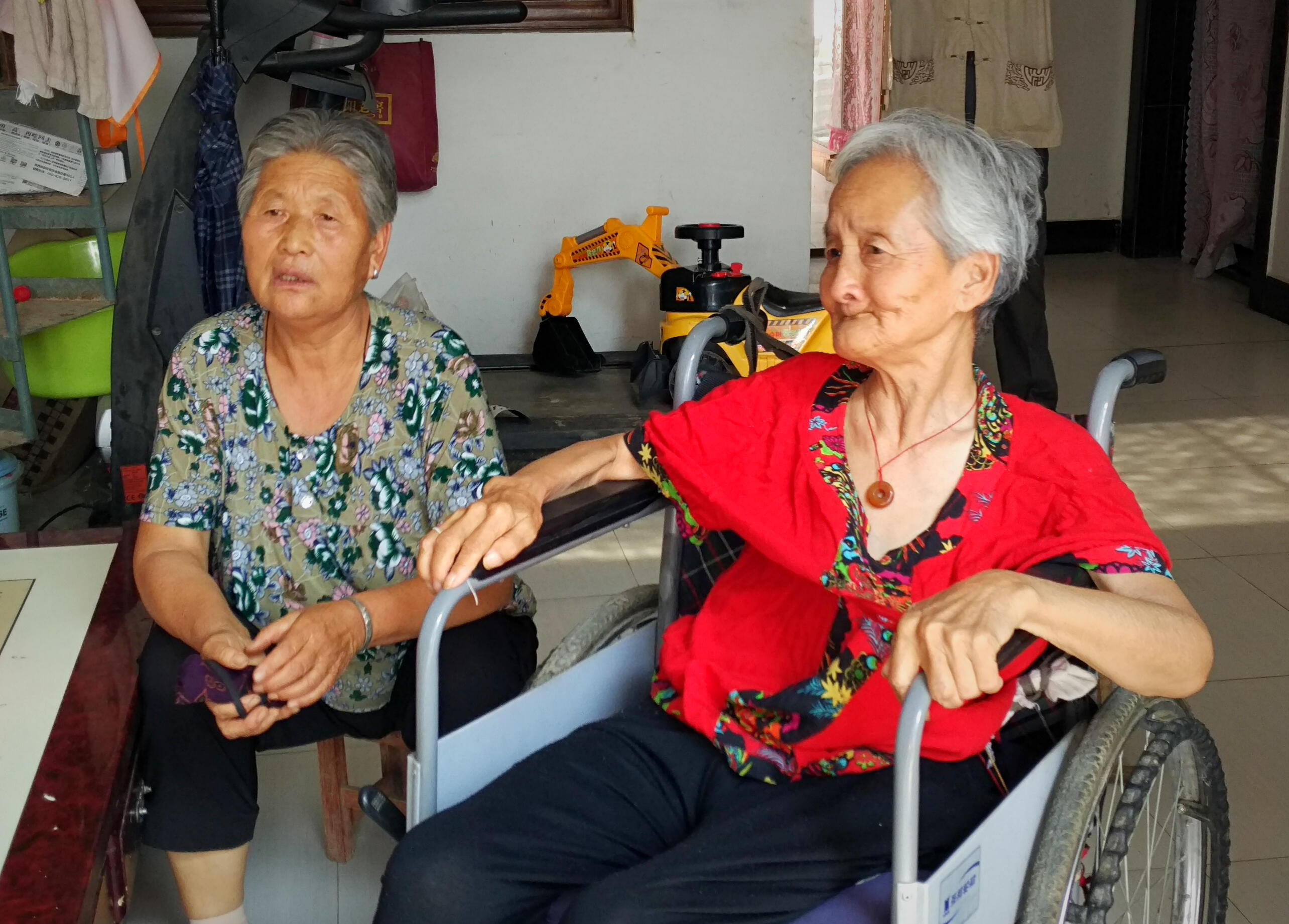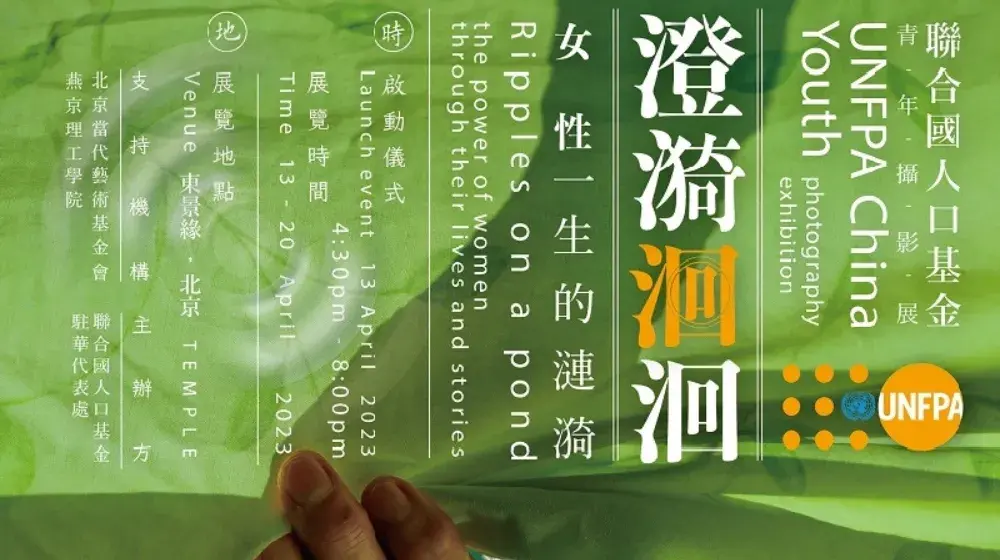In the remote town of Gaoban in the western Chinese province of Sichuan, centenarian Tang Chomao lives alone, relying on volunteers to give him care, assistance and a lifeline to the outside world.
Like many of the hundreds of seniors living in Gaoban his pension is meager, his health coverage is poor and the younger generations, that in bygone days would have cared for their grandparents, have long since moved to cities in search of better jobs.
Yet facing an uncertain future, Gaoban’s senior citizens have come together to care for one another, including the most vulnerable like Tang. And in the process, have found a new lease on life themselves.
The town’s Older Persons Association, once little more than a struggling social club for seniors, now runs a care centre for all 540 of Gaoban’s elderly residents.
“For people with limited mobility or no families, we can get free services, including health care, laundry and have our haircut at home by the folks from the centre,” says Tang, as his blood pressure is checked in his living room.
Run by ‘younger seniors’, with an average age of 60, the Happy Elderly Service Centre is now a registered, government funded non-profit organization that provides door-to-door checkups, assistance and medical referrals for those in need.
“Though no longer young ourselves, we can help care for others,” says Liu Guilin, Secretary General of Gaoban’s Older Persons Association. “We no longer feel that we are the burden on society. In fact, we are helping out.”
Based on the Gaoban experience, the Sichuan provincial government now supports similar initiatives across the province. In neighbouring Xichong, more than 59,000 of the most vulnerable seniors - the so-called ‘empty nest elderly,’ like Tang – are now covered by the Centre.
‘Huge potential’
By late 2015, there were 270 million people over 60 years of age in China, accounting for 17% of the total population. By 2030 the number is projected to rise to over 458 million – over 26% of the total.
In many areas, particularly the less prosperous central and western regions, the State is struggling to provide the care, protection and services needed by a rapidly ageing, and in many cases still impoverished, population.
According to a 2010 study by the China Academy of Social Sciences, less than 5 per cent of elderly people in rural areas can rely on pensions to get by.
Migration and globalization add more pressure, as increasing numbers of young people move away to cities and the traditional Confucian system of filial piety - where the young care for the old – erodes, leaving more and more senior citizens to fend for themselves.
“The Gaoban model has huge potential to plug the gaps” says Soyoltuya Bayaraa, Acting Representative of the United Nations Population Fund (UNFPA) in China.
“By keeping the elderly active, productive and connected, it’s a win for vulnerable individuals, communities and the country as a whole.”
Statistics from China’s National Committee on Ageing show that there are about 500,000 community-based Older Persons Associations spread across the vast country, presenting significant opportunities to plug the gap in services and support faced by millions of Chinese seniors.
“Increased longevity, symbolized by the number of older people in the country, shows just how well China has done in terms of social and economic development in recent years, but seniors too must benefit from and participate in the country's rapid development," concludes Bayaraa.
"This will help fulfill the central pledge of the 2030 Sustainable Development Agenda, of leaving no one behind. Gaoban's seniors are living proof of that."

Elderly Chinese practice Tai Chi in a park. Photo: UNESCAP





